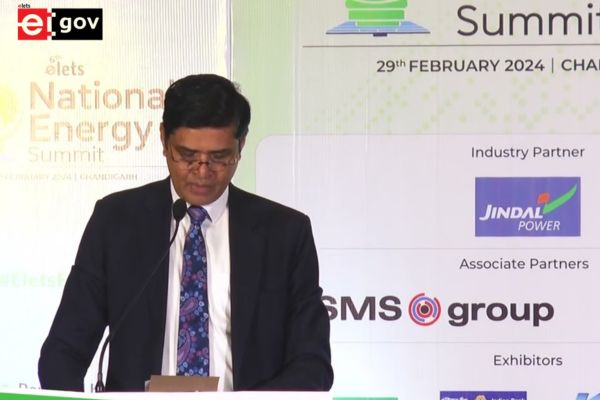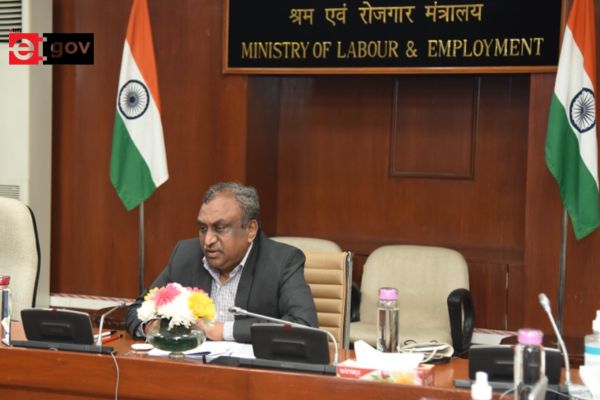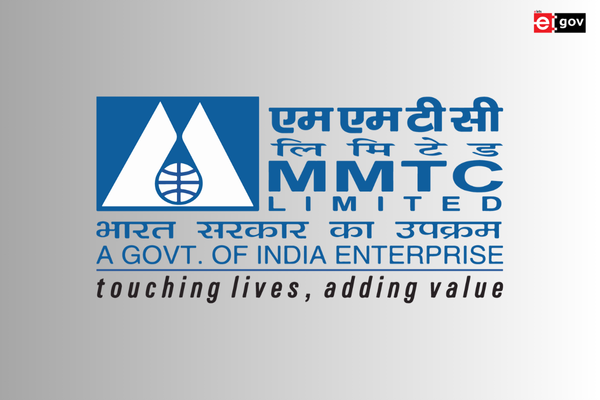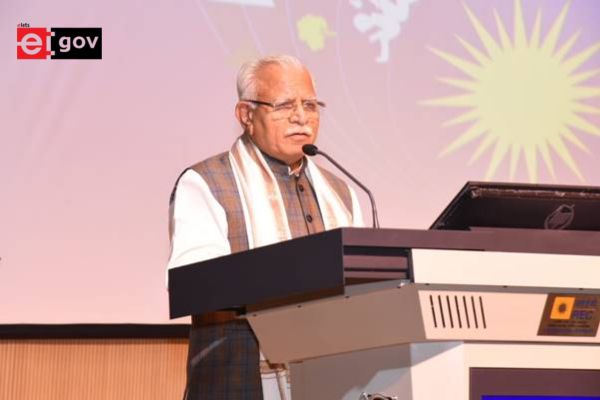
In a strategic move to attract global technology firms and enhance its economic stature, the Uttar Pradesh government on Sunday unveiled the Global Capability Centres (GCC) Policy 2024. The policy is a significant initiative aimed at positioning cities like Noida, Lucknow, Kanpur, and Varanasi as leading destinations for technology, innovation, and digital services.
The Yogi Adityanath-led government has announced that the policy is tailored to draw Fortune 500 companies and boost foreign direct investments (FDI). Over the next five years, the state aims to create more than 200,000 high-paying jobs through the establishment of GCCs, thereby strengthening its resolve to become a USD 1 trillion economy.

The policy outlines a structured framework for setting up two types of GCCs—Level-1 and Advanced, each with distinct eligibility criteria and benefits. For Level-1 GCCs, companies are required to invest a minimum of ₹15 crore or employ at least 500 individuals if the centre is established outside the districts of Gautam Buddha Nagar and Ghaziabad. In contrast, the investment threshold increases to ₹20 crore within these two districts.

Advanced GCCs have steeper requirements: firms must invest at least ₹50 crore outside Gautam Buddha Nagar and Ghaziabad, or ₹75 crore within these districts, along with employing a minimum of 1,000 people. This tiered approach ensures the policy is inclusive of both small and large enterprises.

To facilitate investor interest and reduce operational costs, the state government has introduced a suite of incentives. These include a 30-50% subsidy on land cost, 100% exemption on stamp duty, 25% capital subsidy (up to ₹10 crore for Level-1 and ₹25 crore for Advanced GCCs), and a 5% interest subsidy. Furthermore, a 20% operational subsidy—capped at ₹40 crore for Level-1 and ₹80 crore for Advanced GCCs—will also be offered.

In addition to these, companies can avail of payroll support of up to ₹1.8 lakh per employee, significantly lowering the barrier to entry and operational expenditure for prospective investors.
The policy further provides customised incentive packages to GCCs established by Fortune 500 firms, India’s top 500 corporates, or entities with FDI exceeding ₹100 crore. These tailored benefits are part of the broader strategy to attract high-value, global businesses to the state.
The GCC Policy 2024 also underscores the government’s commitment to fostering a robust innovation ecosystem. To support startups and research initiatives, it offers a 50% reimbursement on startup ideation costs, capped at ₹2 crore. Additional incentives include Intellectual Property Rights (IPR) subsidies ranging from ₹5 lakh to ₹10 lakh for patent filings and grants of up to ₹10 crore for establishing Centres of Excellence.
Also Read: IBM Joins Forces with EkStep to Empower India’s Digital Future
The Uttar Pradesh government’s latest policy initiative reflects a focused vision of technological advancement, youth employment, and inclusive economic growth. With world-class infrastructure and a compelling policy framework, the state is well on its way to becoming a leading hub for global capability centres in India.
As the state aligns itself with the broader national goals of “Digital India” and “Make in India,” the GCC Policy 2024 is poised to play a pivotal role in transforming Uttar Pradesh into a globally competitive digital economy.
Be a part of Elets Collaborative Initiatives. Join Us for Upcoming Events and explore business opportunities. Like us on Facebook , connect with us on LinkedIn and follow us on Twitter, Instagram.
"Exciting news! Elets technomedia is now on WhatsApp Channels Subscribe today by clicking the link and stay updated with the latest insights!" Click here!













